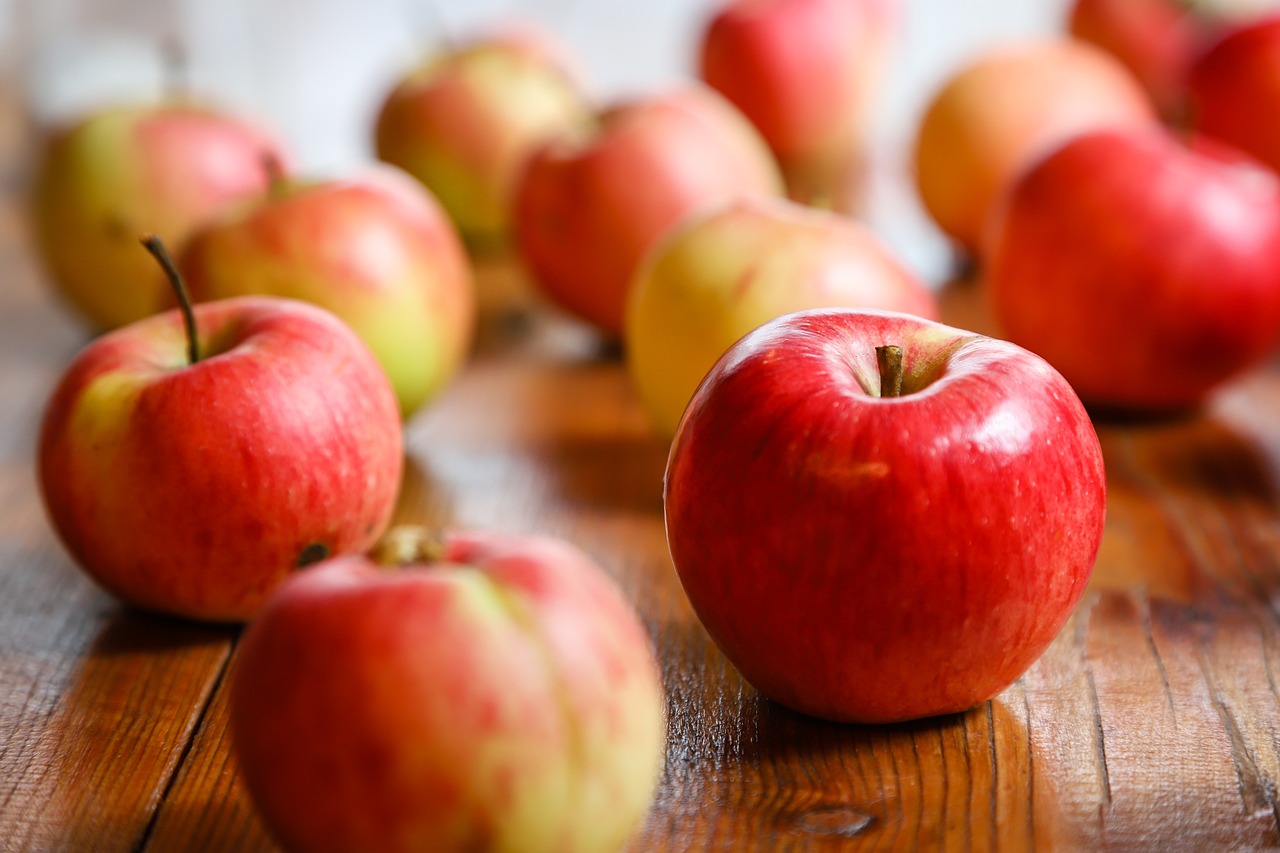“`html
In recent years, the gluten-free diet has surged in popularity, transcending its initial appeal to individuals with celiac disease or gluten intolerance. With an increasing number of people adopting this dietary lifestyle, understanding the ins and outs of a gluten-free diet has become essential. In this blog post, we will explore the fundamentals of a gluten-free diet, its benefits, how to maintain it, potential pitfalls, and practical tips for incorporating it into your everyday life.
What is a Gluten-Free Diet?
A gluten-free diet entails an eating plan that eliminates gluten, a protein found in wheat, barley, rye, and derivatives of these grains. This dietary shift is crucial for individuals diagnosed with:
- Celiac Disease: An autoimmune disorder where gluten damages the small intestine.
- Non-Celiac Gluten Sensitivity: Symptoms similar to celiac disease without the autoimmune response.
- Wheat Allergy: An allergic reaction to proteins found in wheat.
Gluten-Free Grains and Flour Alternatives
Fortunately, various grains and flour alternatives are gluten-free, allowing individuals to enjoy a balanced diet. Some of these include:
- Rice
- Corn
- Quinoa
- Amaranth
- Sorghum
- Almond flour
- Coconut flour
Benefits of a Gluten-Free Diet
While a gluten-free diet is essential for those with gluten-related disorders, it can offer benefits to others as well. Here are some potential advantages:
- Improved Digestion: Individuals with gluten sensitivity often report better digestive health.
- Increased Energy Levels: Reducing gluten may lead to more sustained energy throughout the day.
- Focus and Clarity: Some people experience improved concentration after eliminating gluten.
- Weight Management: A gluten-free diet can encourage healthier eating habits, potentially aiding in weight loss.
Research shows that around 30% of U.S. adults actively try to avoid gluten, even without a diagnosed intolerance.
How to Transition to a Gluten-Free Diet
Making the switch to a gluten-free diet can seem daunting, but with some planning, it can be a smooth transition. Here’s how:
1. Educate Yourself
Understanding which foods contain gluten is crucial. Be on the lookout for:
- Breads, pastas, and baked goods made from wheat, barley, or rye.
- Beer and some liquors.
- Processed foods that may contain gluten as a thickener or flavoring.
2. Explore Gluten-Free Alternatives
Substituting gluten-containing foods with gluten-free options can help ease the transition:
- Use gluten-free bread or wraps.
- Opt for quinoa or rice instead of pasta.
- Experiment with gluten-free flour alternatives for baking.
3. Meal Planning
Planning meals ahead of time ensures a balanced diet and helps prevent reaching for less nutritious options:
- Choose gluten-free recipes.
- Create a weekly meal plan.
- Prepare snacks like fruits, vegetables, and nuts.
Pitfalls to Avoid on a Gluten-Free Diet
Transitioning to a gluten-free diet comes with its own set of challenges. Here are some common pitfalls to avoid:
- Relying on Gluten-Free Processed Foods: These can be high in sugar and unhealthy fats.
- Ignoring Label Reading: Always check for gluten-containing ingredients.
- Neglecting Nutritional Balance: Ensure you are still getting sufficient fiber and nutrients.
Practical Tips for Maintaining a Gluten-Free Lifestyle
To successfully maintain a gluten-free lifestyle, consider these actionable tips:
- Cook at Home: Preparing meals at home allows you to control ingredients.
- Communicate Dietary Needs: Always inform restaurants about your dietary restrictions.
- Join Support Groups: They can offer valuable resources and community support.
For reference, many grocery stores now offer dedicated gluten-free sections, making it easier to find suitable products.
Conclusion
Embracing a gluten-free diet requires careful planning and education, but the benefits, especially for those with gluten intolerance, can be significant. By understanding which foods to avoid, discovering gluten-free alternatives, and maintaining a balanced diet, anyone can successfully navigate this lifestyle. Whether motivated by necessity or choice, adopting a gluten-free diet can lead to improvements in overall health and well-being. Start your gluten-free journey today and enjoy the array of delicious options readily available!
“`



